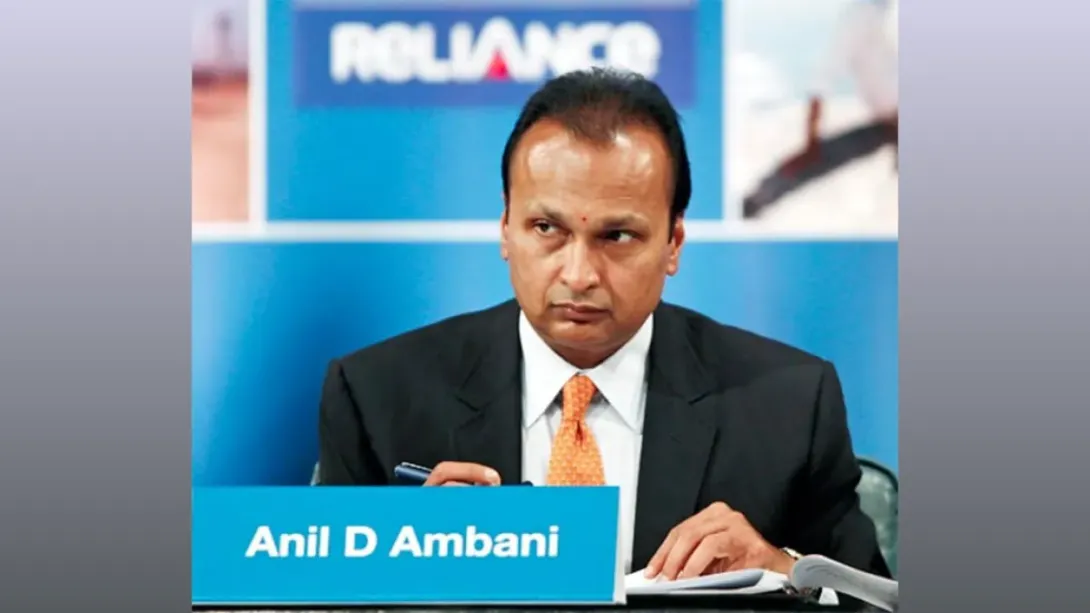In a significant development within India’s banking sector, Bank of India (BoI) has officially categorized Reliance Communications Ltd. (RCom) and its chairman Anil Ambani as “fraud” accounts. The decision follows years of financial turmoil surrounding the telecom operator, once a major player in India’s mobile services industry. By taking this step, BoI joins other lenders that have intensified scrutiny over high-profile defaults. The classification highlights the continued pressure on Indian banks to address legacy stressed assets, strengthen corporate governance, and ensure accountability in cases of large-scale corporate debt defaults.
Background of the Case
Reliance Communications, once among India’s leading telecom firms, faced a steep decline after the entry of new competitors and a prolonged tariff war that eroded profitability. The company’s inability to service its debt obligations ultimately pushed it into insolvency proceedings. Anil Ambani, who spearheaded the group, has faced mounting legal and financial challenges in recent years as creditors tightened recovery measures. The Bank of India’s fraud tag adds another layer of complexity to the long-standing dispute between lenders and the company.
Implications for the Banking Sector
By designating RCom and its promoter as fraudulent accounts, BoI underscores the growing emphasis on accountability and regulatory compliance in the financial system. Once a borrower is classified as fraud, banks are mandated to pursue stricter recovery actions and report the matter to investigative agencies. This step ensures greater transparency in how lenders deal with non-performing assets (NPAs) and serves as a deterrent for corporate mismanagement. It also signals that banks are increasingly unwilling to carry unresolved toxic assets on their balance sheets without decisive action.
Broader Industry Impact
The classification comes at a time when Indian banks are under regulatory pressure to clean up their books and avoid prolonged exposure to distressed borrowers. Telecom, in particular, has been one of the most debt-laden sectors, with several operators either consolidating or exiting the market. The RCom case is emblematic of how high leverage, combined with aggressive expansion strategies and shifting market dynamics, can destabilize large corporations and trigger systemic risks for lenders.
Investor and Market Reactions
Analysts suggest that while the fraud classification may not materially change RCom’s ongoing insolvency proceedings, it highlights the reputational risks associated with promoter-driven defaults. For investors, the episode serves as a reminder of the importance of due diligence and the risks tied to companies with high leverage and uncertain revenue visibility. From a banking perspective, such steps may also restore confidence among depositors and investors by signaling that lenders are proactively addressing problematic exposures.
Conclusion
The Bank of India’s move to label Reliance Communications and Anil Ambani as fraud marks a decisive moment in India’s ongoing efforts to enforce stricter corporate accountability. Beyond the immediate financial implications, the development reinforces a broader message—that even high-profile borrowers are not immune to regulatory and banking scrutiny. As the sector continues its journey of reform and cleanup, the RCom case will likely remain a touchstone in discussions on corporate governance, banking prudence, and the future of India’s telecom landscape.

Comments